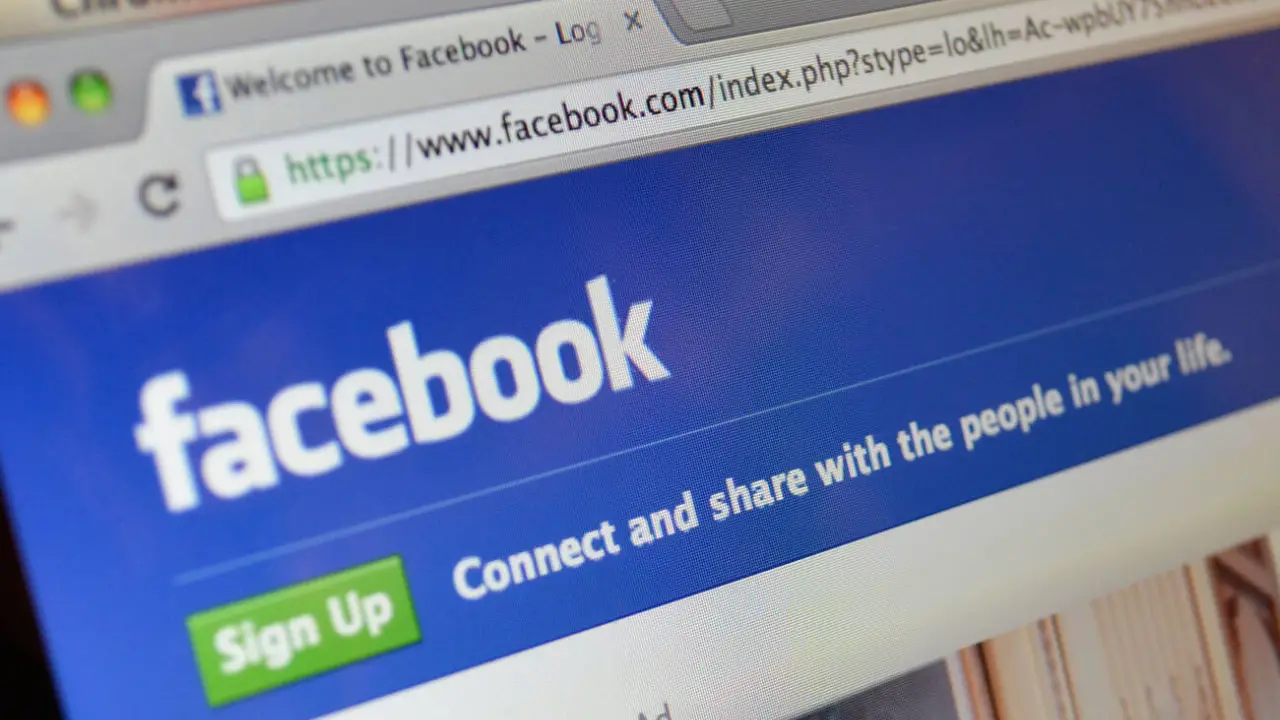Social media has become a significant part of our lives, with platforms like Facebook serving as digital diaries, social hubs, and repositories of memories. But what happens to your Facebook account when you die? Many users are only now discovering the various options Facebook provides for managing a deceased person’s account, and the implications are more important than ever.
The Default Scenario: Memorialization
By default, when Facebook becomes aware of a user’s death, the account is typically converted into a memorialized account. This means:
- The word “Remembering” appears next to the deceased person’s name.
- The account remains visible to the audience it was shared with.
- Friends and family can share memories on the timeline, if privacy settings allow.
- The account no longer appears in public searches or birthday reminders.
Memorialized accounts ensure that the digital presence of a deceased person is preserved in a respectful manner. However, without prior planning, families may struggle to manage or update the profile according to their wishes.
Appointing a Legacy Contact
Facebook allows users to designate a legacy contact, a trusted individual who can manage their memorialized account after their passing. This person can:
- Write a pinned post on the profile (e.g., announcing a memorial service).
- Update profile and cover photos.
- Request account removal if the family wishes.
- Download a copy of shared content (if permission was granted before death).
However, the legacy contact cannot log into the account, read private messages, or remove past posts.
To set up a legacy contact:
- Go to Facebook’s Settings & Privacy.
- Click on Settings.
- Navigate to Memorialization Settings.
- Choose a legacy contact and notify them.
Account Deletion Upon Death
For those who prefer not to have their account memorialized, Facebook allows users to opt for account deletion upon death. If this option is selected in the settings before passing away, the entire account, including posts, messages, and photos, will be permanently erased once Facebook receives proof of death.
This option ensures privacy and eliminates concerns about digital footprints being left online indefinitely.
What Happens If No Action Is Taken?
If a user has not chosen a legacy contact or specified account deletion, Facebook relies on reports from friends or family members to memorialize the account. Anyone can submit a request by providing proof of death, such as an obituary or a death certificate.
In cases where no action is taken and the account remains active, it could:
- Continue appearing in birthday reminders.
- Be tagged in new posts.
- Show up in friend suggestions, potentially causing distress to loved ones.
The Role of Artificial Intelligence in Managing Deceased Users
Facebook has been refining its AI systems to prevent upsetting situations involving deceased users. The platform now:
- Avoids sending birthday reminders for deceased individuals.
- Reduces the likelihood of deceased users appearing in automatic friend recommendations.
- Uses AI to ensure memorialized accounts are handled appropriately based on prior user preferences.
Facebook and Digital Estate Planning
As the digital world becomes increasingly intertwined with real life, managing one’s social media presence posthumously is becoming a crucial part of estate planning. Experts recommend:
- Including digital accounts in estate planning documents.
- Informing family members about social media preferences.
- Appointing a legacy contact and discussing responsibilities with them.
These steps can prevent disputes and ensure that a person’s digital legacy is handled in accordance with their wishes.
Legal and Ethical Considerations
Facebook’s policies regarding deceased users highlight broader concerns about digital rights and privacy. While legacy contacts can manage profiles, they do not have access to private messages, which raises questions about digital inheritance. Some argue that users should be able to pass on their digital conversations like physical letters, while others emphasize privacy concerns.
Additionally, different countries have varying laws on digital assets, making it important for users to understand their region’s stance on digital accounts after death.
Conclusion
Many Facebook users are just now learning about the platform’s policies regarding deceased users. Whether through memorialization, legacy contacts, or account deletion, Facebook provides options to manage a digital presence after death. By planning ahead, users can ensure their social media accounts align with their final wishes, providing comfort and clarity for loved ones.
In an era where digital footprints last beyond our lifetimes, taking proactive steps can make all the difference. So, have you considered what will happen to your Facebook account when you’re gone?











